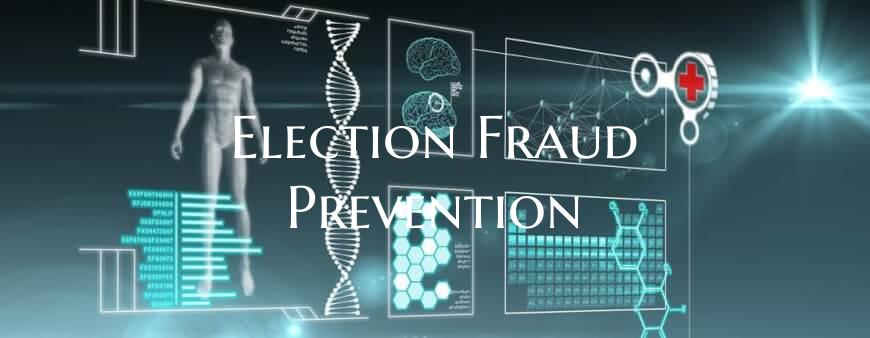Election Fraud Prevention
Introduction: Elections are a cornerstone of any democracy, allowing citizens to voice their opinions and choose their leaders. However, the integrity of the electoral process can be undermined by election fraud, jeopardizing the very foundation of democratic governance. It is crucial to implement robust measures to prevent election fraud and maintain the credibility of the electoral system.
Ensuring Transparency: Transparency is essential for preventing election fraud. Implementing measures such as open access to voter lists, monitoring polling stations with observers, and allowing media coverage during the voting and counting processes can help ensure that elections are conducted fairly.
Securing the Voter Registration Process: One of the key aspects of election fraud prevention is securing the voter registration process. This includes verifying the identity of voters, removing duplicate registrations, and updating voter rolls regularly to prevent manipulation or tampering.
Utilizing Technology: Advancements in technology can play a significant role in preventing election fraud. Implementing electronic voting systems with built-in security features, using biometric verification for voter identification, and deploying blockchain technology for secure and transparent record-keeping can enhance the integrity of the electoral process.
Training and Education: Providing thorough training to election officials, poll workers, and observers is essential for preventing election fraud. Educating them on identifying potential irregularities, ensuring proper handling of ballots, and maintaining the security of voting equipment can help minimize the risk of fraud.
Strengthening Legal Frameworks: Robust legal frameworks that clearly define electoral offenses, penalties for committing fraud, and mechanisms for reporting and investigating irregularities are essential for deterring fraud. Strict enforcement of these laws sends a strong message that election fraud will not be tolerated.
Collaboration and Oversight: Collaboration among various stakeholders, including government agencies, civil society organizations, international observers, and political parties, is crucial for effective election fraud prevention. Establishing independent electoral commissions with oversight responsibilities can help ensure that elections are conducted freely and fairly.
Conclusion: Preventing election fraud is imperative for upholding the integrity of democratic elections. By implementing strategies such as ensuring transparency, securing the voter registration process, leveraging technology, providing training, strengthening legal frameworks, and fostering collaboration, societies can safeguard their electoral processes and uphold the principles of democracy. It is essential to remain vigilant and proactive in combating election fraud to protect the fundamental right of citizens to elect their representatives fairly and freely.

